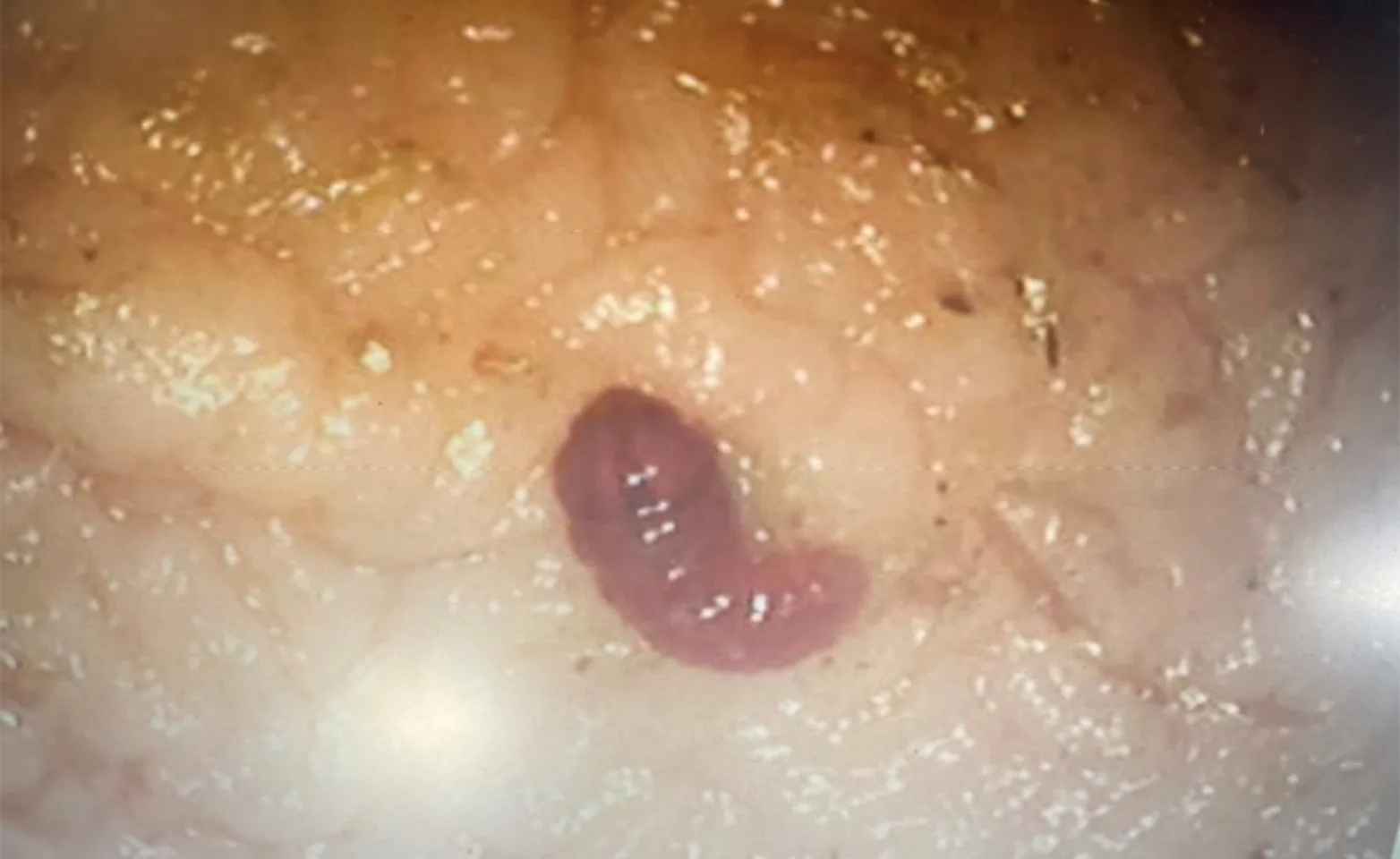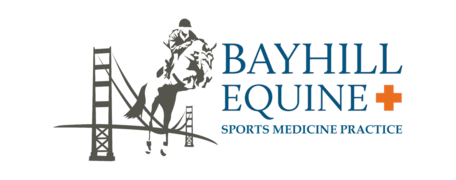Bayhill Equine

Vaccines
CORE Vaccinations
Eastern & Western Equine Encephalomyelitis
Rabies
Tetanus
West Nile Virus
Risk-Based Vaccination
Risk-based vaccinations may vary regionally, from population to population within an area, or between individual horses within a given population.
Risk-Based Vaccinations
Equine Herpesvirus (Rhinopneumonitis)
It is recommended that the following horses be revaccinated at 6-month intervals:
Horses less than 5 years of age.
Horses on breeding farms or in contact with pregnant mares.
Horses housed at facilities with frequent equine movement on and off the premises, thus resulting in an increased risk of exposure.
Performance or show horses in high-risk situations, such as racetracks. More frequent vaccination than at 6 months intervals may be required in certain cases as a prerequisite for entry to the facility.
Equine Influenza
Adult horses previously vaccinated against influenza:
Revaccinate annually. Horses at increased risk of exposure may be revaccinated every 6 months. Some facilities and competitions may require vaccination within the previous 6 months to enter.
Strangles
Streptococcus equi subspecies equi (S. equi) is the bacterium which causes the highly contagious disease strangles (also known as “distemper”)
The organism is transmitted by direct contact with infected horses or sub-clinical shedders, or indirectly by contact with water troughs, hoses, feed bunks, pastures, stalls, trailers, tack, grooming equipment, nose wipe cloths or sponges, attendants’ hands and clothing, or insects contaminated with nasal discharge or pus draining from lymph nodes of infected horses.
Adult horses previously vaccinated: Vaccinate annually based on risk assessment and manufacturers’ recommendations.

Deworming
The Importance of De-wormers to Protect Your Horse’s Health
Vets recommend deworming most horses once or twice a year.
Before having your horse dewormed, a fecal should be done in order to measure the number of worm eggs being shedding in your horse’s feces.
Although most horses shed very few worm eggs, some will shed high numbers of eggs and are more likely to infect the rest of the herd.
Internal parasites can cause a number of problems in horses, including colic, anemia, ill-thrift, and diarrhea.
Types of De-Wormers:
Fenbendazole
Ivermectin
Ivermectin and Praziquantel
Moxidectin
Moxidectin and Praziquantel
Pyrantel
Common Equine Parasites:
Roundworms
Bloodworms
Cyathostomins
Pinworms
Tapeworms
Bots Flies
